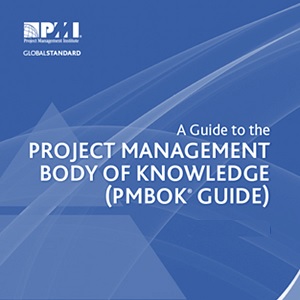Total Quality Management (TQM) is an accepted part of quality management and customer satisfaction in many organizations. While it has a broad range of interpretation and application, it has some consistent principles which define it.
They are:
- Everyone in the organization recognizes that quality is central to organizational success
- Everyone in the organization contributes to quality
- The organizational culture and structure is built and maintained to support TQM
- Continuous improvement is mandatory and expected
Now imagine if we moved from project management as an ad hoc, practitioner lead initiative within an organization to Total Project Management (TPM). What would this look like? Keep in mind that most organizations rely on successful delivery of projects for operational and strategic success. Additionally, for a lot of organizations the largest part of their capital budget, and sometimes their operational budget, is spent on projects of some sort. These organizations don’t question the need to have finance and human resources as essential organization wide shared services but often question the need and value of organizational project management.
Let’s start by taking those four principles of TQM and substituting project management where it currently says quality management. Here is how they look:
- Everyone in the organization recognizes that project management is central to organizational success
- Everyone in the organization contributes to project management
- The organizational culture and structure is built and maintained to support Total Project Management
- Continuous improvement is mandatory and expected
If we did print these out, embed them in the organizational culture, and let our shareholders and customers know about them we could expect to see the following:
- A Chief Project Officer (CPO) operating a C-Level
- Appropriate and tailored portfolio, program and project management methodologies
- Appropriate and tailored PMO’s
- Support for ongoing professional development for all project management practitioners
- The CEO regularly acknowledging the role project management plays in the success of the organization
- Commitment from everybody in the organization to improving the approach to project management
Overall, these changes, if done appropriately, would lead to a more mature approach to project management within the organization and ultimately more successful portfolios, programs, projects and organizations.
What do you think?




